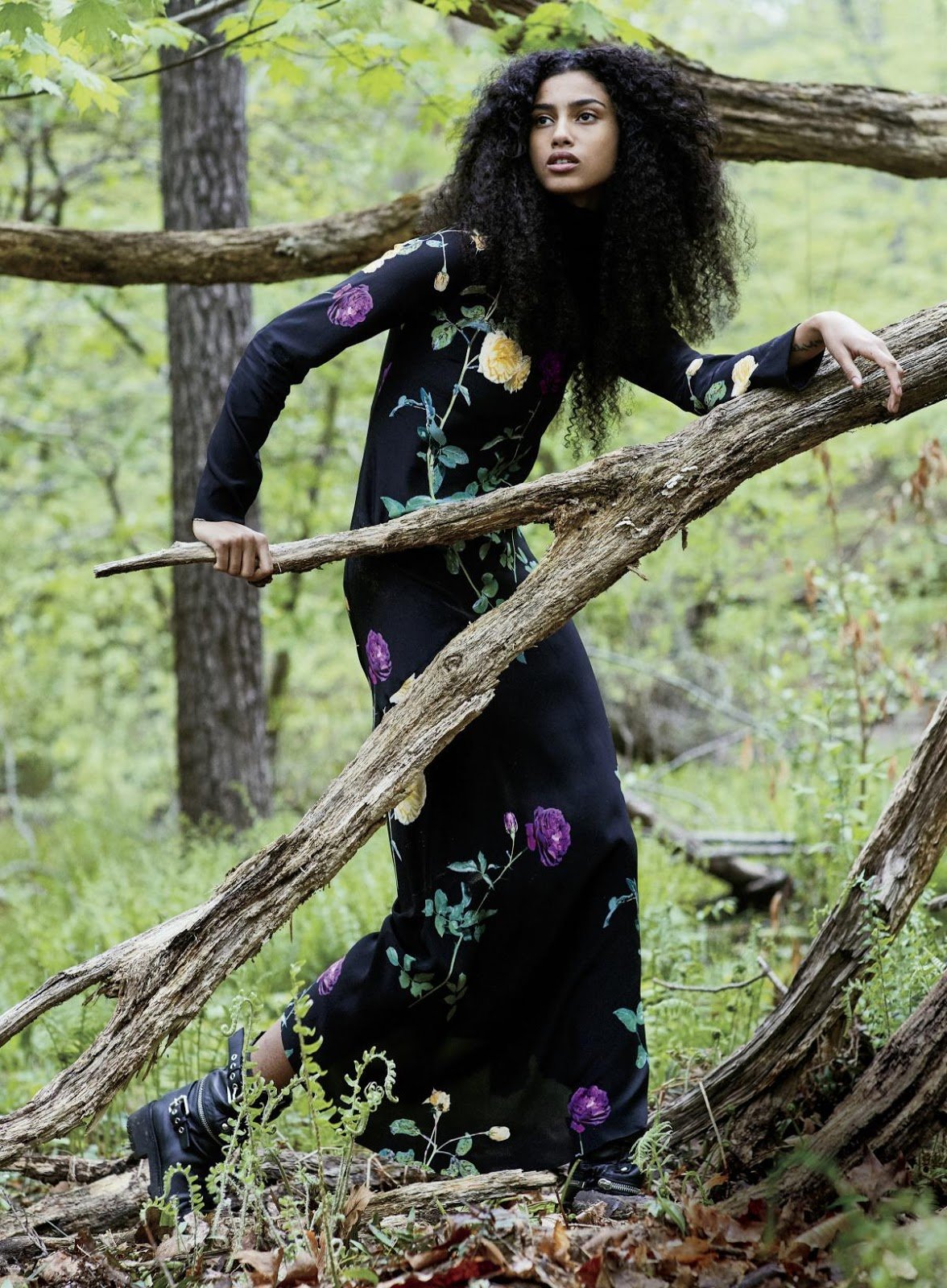New Abortion Ban Lawsuit Places Black Georgians Squarely at the Center of the Fight
/New Abortion Ban Lawsuit Places Black Georgians Squarely at the Center of the Fight
A new lawsuit filed last week could eventually force the U.S. Supreme Court to examine how laws that attack abortion access disproportionately affect Black women and other women of color.
Centering the conversation on some of the state’s most vulnerable people was the American Civil Liberties Union (ACLU’s) motivation for naming SisterSong Women of Color Reproductive Justice Collective as the lead plaintiff in a lawsuit challenging HB 481, Georgia’s six-week abortion ban.
“I think the ACLU was very intentional,” Monica Simpson, executive director of SisterSong, told me in an interview. “The way that they wanted to approach this particular lawsuit was to make sure it was rooted in reproductive justice.”
Reproductive justice centers “three interconnected human rights values: the right not to have children using safe birth control, abortion, or abstinence; the right to have children under the conditions we choose; and the right to parent the children we have in safe and healthy environments.” Black women coined the term in 1994.





